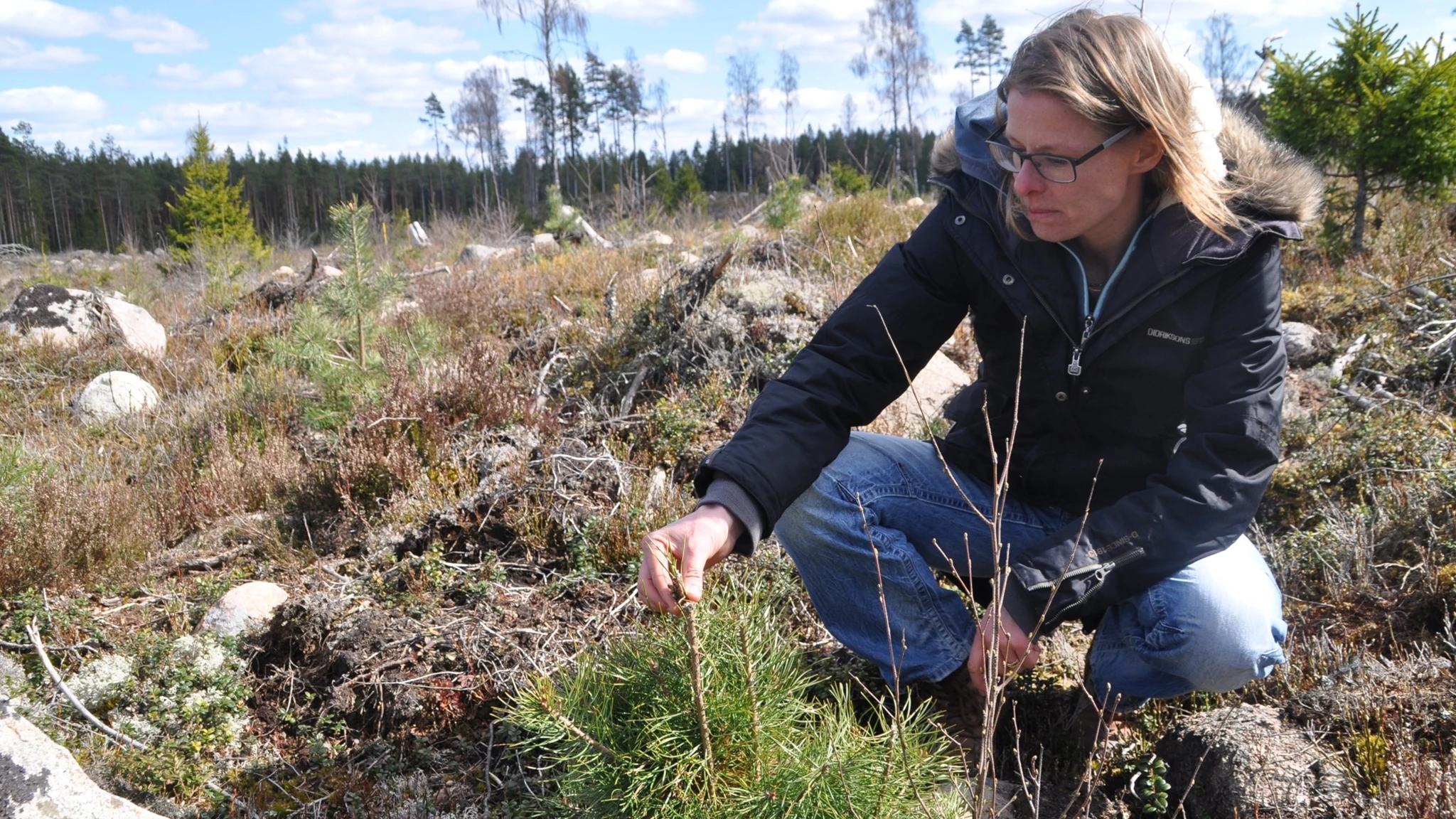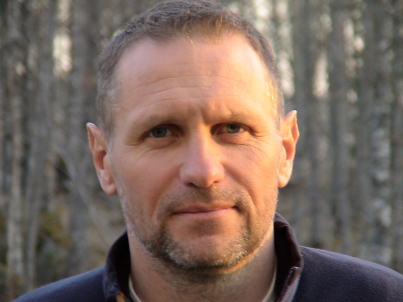
Pete Pekins || University of New Hampshire - USA
- Dr. Pete Pekins is Emeritus Professor of Wildlife Ecology in the Department of Natural Resources and the Environment at the University of New Hampshire, USA (1987-2021) where he served as Coordinator of the Wildlife and Conservation Biology Program for most of his career, receiving numerous teaching and advising awards. He was the Director of the UNH Wildlife Research Facility from 1987-2004 managing the long-standing research program with captive white-tailed deer and other species. His research focused on understanding physiological and bioenergetic adaptations for survival in northern environments with a multitude of species including moose, deer, black bears, bobcats, coyotes, American marten, ptarmigan, blue and spruce grouse, and wild turkeys. From 2006-2024 he was Editor-in-Chief of ALCES, the International Journal of Moose Research and Management, and received the Distinguished Moose Biologist Award from his peers in 2015. From a collaborative effort with >500 radio-collared moose in New Hampshire and Maine, his presentation will focus on the bioenergetics of the moose-winter tick relationship in the face of climate change, forest management, and adaptive harvest strategies.
- Distinguished Moose Biologist since 2015

Roy Rea || University of Northern British Columbia - Canada
- Dr. Roy Rea is an Associate Professor in the Department of Ecosystem Science and Management in the Faculty of Environment. He is a Registered Professional Biologist with the College of Applied Biologists and an Affiliated Forest Professional with Forest Professionals British Columbia. Roy obtained a Bachelor of Science in Biological Sciences from California State University, Stanislaus in 1992 and a Master of Science, Biology from the University of Northern British Columbia in 1999. In 2014, Roy completed a Doctor Philosophiae in Ecology from the Norwegian University of Life Sciences in Ås, Norway. Roy’s research focuses broadly on forest and animal ecology and on human impacts to northern ecosystems. Roy teaches Introductory Biology, Field Applications in Resource Management, Marine Ecology, Animal Physiology, Plant Systems Labs, and is a case-based tutor for Foundations in Medical Practice.
- Distinguished Moose Biologist since 2018

Annika Felton || Swedish University of Agricultural Sciences
- Dr. Annika Felton is a Senior Lecturer and her research into forest ecology has involved a diverse array of forest systems around the world, at a large range of spatial scales; from the inner complexities of animal digestive physiology and plant chemistry, to landscape scale ecological dynamics and their resultant implications for forest and game management. While my projects often specifically regards animal-plant interactions and herbivore nutritional ecology with a focus on moose, deer and primates, the outcomes are applicable to the maintenance of biodiversity in managed forest systems, and the ecosystem services we derive from these forests.

Håkan Sand || Swedish University of Agricultural Sciences
- Dr. Håkan Sand is an Associate Professor and Senior Researcher in wildlife ecology with a focus on ungulate and carnivore population dynamics. His research has investigated life history variation and population dynamics of moose trying to understand the effects of climatic variation and density dependent effects on body growth and reproduction. Another main interest is the ecology and dynamics of wolf populations and with a special focus on predator-prey interactions of wolves and their main ungulate prey species including moose. Håkan’s research generally targets topics of importance for the management and conservation of the study species and with implications for the society.

Vesa Ruusila || Metsähallitus - Finland
- Dr. Vesa Ruusila's primary professional interest has long been focused on wildlife research and science-based decision-making in legislation and management, incorporating a human perspective. He has an extensive background in wildlife research, management, administration, and the intersections between these fields. Vesa has just started working as a Director, Game and Fisheries at Metsähallitus, Parks & Wildlife Finland, where he is responsible for organizing hunting, fishing, and wilderness supervision in Government areas. Before that he worked at the Ministry of Agriculture and Forestry, as a senior ministerial advisor and heading a unit that prepared e.g., hunting and fishing legislation, and steered and financed R&D projects on game and fisheries. During his years in the Finnish Game and Fisheries Research Institute and Natural Resources Institute (Luke) Finland, he was first responsible for national moose monitoring program as a researcher, and after that, as a Research Director for game and reindeer research unit and later also at the strategic level of the institute. In Luke, he was responsible for the mandatory tasks of the institute based on legislation and the ministry’s steering, particularly in game and fisheries.
